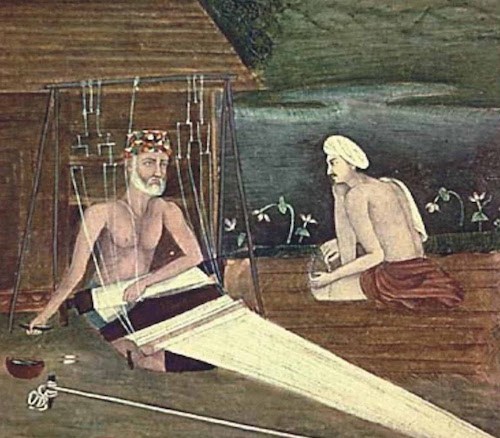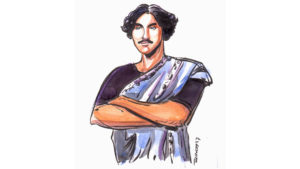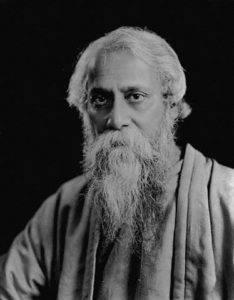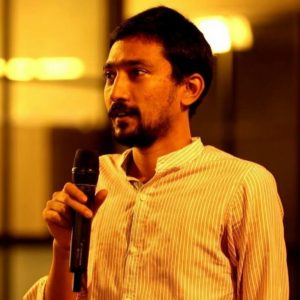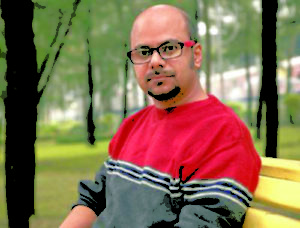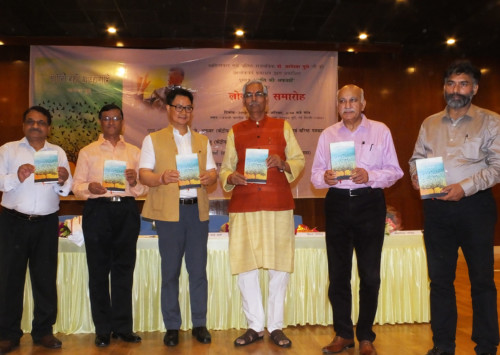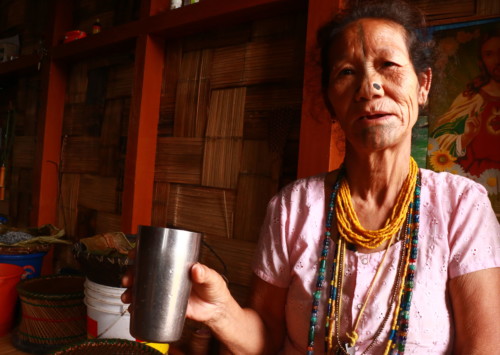Five Indian poets who taught us humanity and secularism
“When the war will stop, I will go back to my poems.” To escape the chaos of religion, poets, artists, and singers have preached the fraternity and compassion in different eras of history.
A long, profound, and enriched culture of secularism is unequivocally one of the prized possessions of India. We have Muslim painters in a desolate village of West Bengal narrating stories of Hindu gods Radha and Krishna. We have mazar (shrine) of Khawaja Moinuddin Chisthi in Ajmer, where Hindus visit to fulfill their wishes. At different points in history sages, fakirs (poor men), gurus (teachers), and poets have bestowed upon us the teachings of humanity that became the primary ethos of this humongous country. In today’s India where communal conflicts are unfolding in different parts of the country, we need to remember the philosophy the doyens of our civilization imparted years ago.
Kabir – Kabir is a significant religious and spiritual figure from 15th century. His two-liners famously known as doha are a treasure trove of wisdom, spirituality, and harmony. Mostly written in simple Hindi, his poems to this day resonate from layman’s mouth, and many of his works are also concerned with religious division and the quest for peace.
“Saints I’ve seen both ways.
Hindus and Muslims don’t want discipline, they want tasty food.
The Hindu keeps the eleventh-day fast, eating chestnuts and milk.
He curbs his grain but not his brain, and breaks his fast with meat.
The Turk [Muslim] prays daily, fasts once a year, and crows “God!, God!” like a cock.
What heaven is reserved for people who kill chickens in the dark?
Instead of kindness and compassion, they’ve cast out all desire.
One kills with a chop, one lets the blood drop, in both houses burns the same fire.
Turks and Hindus have one way, the guru’s made it clear.
Don’t say Ram, don’t say Khuda [Allah], so says Kabir.”
Kazi Nazrul Islam – Known as the Rebel Poet, Nazrul was ruthless with his pen. After coming back from World War 1, he went to prison several times for his stark criticism of British government, which he did through his poems. Vehemently anti-establishment, Nazrul pointed out the heinous class-division, gender inequality and hypocrisy in religious institutions. His work greatly inspired the Bangladesh Liberation Movement in East Pakistan during 1970s.
“The hapless nation drowns, for swim it cannot
O Captain! Today you shall be watched
For determination and love
Hindu or Muslim? Wait! Who asks?
Captain! Proclaim: My Mother’s children are drowning Human all!”
Rabindranath Tagore– The first Asian recipient of Nobel Prize in literature, Rabindranath Tagore was a pioneer in Bengali literature. Renowned for his mysticism and spirituality, Tagore never shied away from criticising the dogmatism in religion. His numerous poems contain revered homage to the father of the universe. At the same time, he scornfully disparaged the bigotry that led human to shed the blood of his fellow human.
‘The altars that are awash with innocent blood
Crush them now till every trace is ground to dust
Rain thunder upon these prison walls of faith
Bring the blessing of sight to this unfortunate land’
Hussain Haidari– This Mumbai-based lyricist was catapulted to fame when one of his poems about the identity of Indian Muslim went viral. The poem beautifully depicts a picture of India’s diverse religious landscape and all the anxiety, hope, joy, and fear that come with the identity of Muslims in India. These lines from his poem Hindustani Musalmaan will surely strike a chord with the listeners with its profundity.
“In me reside the shlokas of Bhagvat Gita,
As much the editorials of an Urdu Newspaper
Hallowed is the month of Ramadan to me,
As is washing my sins away at the Holy Ganges
The temple’s threshold is mine
The Mosque’s minaret is mine
The Gurudwara’s hall is mine
The Churches’ pews are mine.”
Srijato – Bengali poet Srijato is mostly renowned for his beautiful lyrics though he is equally well-versed in writing poems as well. In 2017, he created an outcry with his poem on north Indian state Uttar Pradesh’s Chief Minister Yogi Adithyanath’s rape threat to Muslim women. He was booked under section 295 for hurting the religious sentiment of Hindus. Srijato was rewarded many times for penning profound lyrics for several films in Bengali. The following poem sneers at the heinous call to dig up the bodies of Muslim women and raping them.
You command over there, religious call everywhere,
While on hunting you pray on women from different religions.
You even seek your right from a dead dear
But you won’t die soon in this era.
Wind is bellowed, ashes of adharma spreads across the country…
We retreat a century back in each election.
When Patriarchy becomes synonymous with Religion
And me, even after traversing over a woman’s death, was preyed on.
As long as you will continue to rape me, digging me up from my grave —
The trishool of your dharma will be shrouded in a condom

